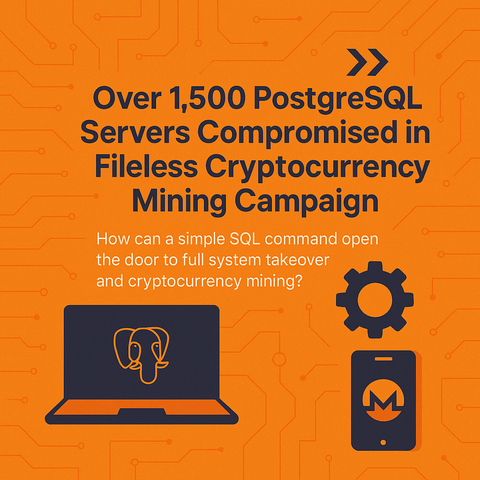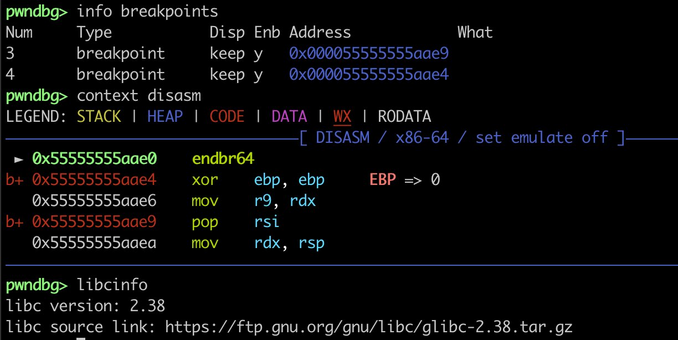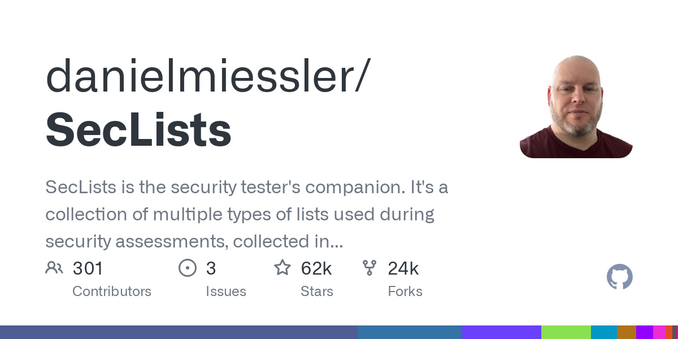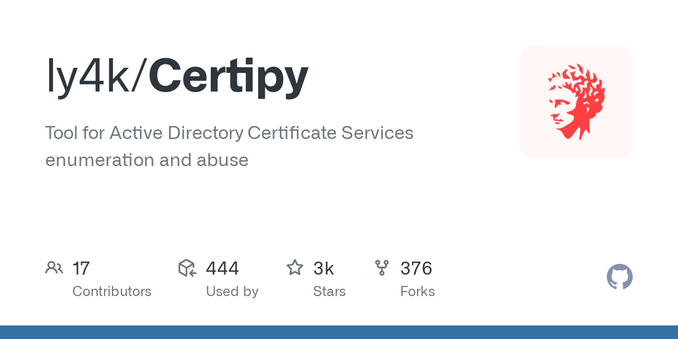How can a simple SQL command open the door to full system takeover and cryptocurrency mining?
A recent cloud attack campaign is exploiting misconfigured PostgreSQL servers, using legitimate database functionality to run malicious code on compromised systems. The operation, tracked by Wiz under the name JINX-0126, has targeted more than 1,500 exposed PostgreSQL instances so far. It builds on an earlier wave of attacks identified in mid-2024, but now includes more advanced evasion techniques.
At the core is the misuse of PostgreSQL's `COPY ... FROM PROGRAM` command. This command, intended for importing data, is leveraged to execute arbitrary shell commands directly on the host. Once inside, the attacker runs a Base64-decoded shell script that removes rival miners and installs a binary called PG_CORE.
A critical piece of this attack is an obfuscated Golang binary named *postmaster*. It mimics PostgreSQL’s real process, helping it blend in. It also sets up persistence through cron jobs, creates new privileged roles, and writes a binary named *cpu_hu* to disk.
That binary fetches and launches the XMRig cryptocurrency miner—without leaving files behind. This uses Linux's `memfd_create`, a technique that loads executables directly into memory to bypass detection tools that scan disk activity.
Each infected system is assigned a unique worker identity and connected to one of three Monero wallets controlled by the attacker. With about 550 active miners tied to each wallet, the impact spans at least 1,500 machines.
The broader issue is clear: many PostgreSQL services remain poorly secured with weak or default credentials. Combined with powerful features like programmatic file imports, they become easy targets for attackers looking to monetize unauthorized access without raising alarms.
#Infosec #Cybersecurity #Software #Technology #News #CTF #Cybersecuritycareer #hacking #redteam #blueteam #purpleteam #tips #opensource #cloudsecurity
— P.S. Found this helpful? Tap Follow for more cybersecurity tips and insights! I share weekly content for professionals and people who want to get into cyber. Happy hacking











